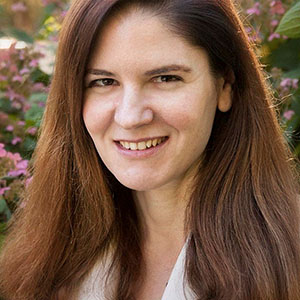The Shorstein Center for Jewish Studies is proud to announce the appearance of Postwar Stories: How Books Made Judaism American by Oxford University Press.
It seems obvious to most Americans today that Jews represent a religious group first and foremost. But it is only since World War II that most Americans saw Jews in religious terms. The consensus among American Christians before the war was that Jews constituted a racial group, and a possibly harmful one at that.
Rachel Gordan’s Postwar Stories is about the transformation of Jews and Judaism in the US from “the least understood of all major religions” to a part of the American landscape. In particular, Gordan discusses the part that popular books played in this transformation. Gordan discusses two strands of midcentury middlebrow literature. One is the anti-antisemitism novels of the 1940s. The other is the literature of the 1940s and 1050s that introduced Judaism to the broader American public.
 Middlebrow literature did not cause change on its own. But the books and magazine articles Gordan analyzes created an arena for explaining postwar American Jews and Judaism. For Jewish readers, the depictions of Jews in this literature providing reassurance or cause for concern, depending on the associations and emotions they evoked.
Middlebrow literature did not cause change on its own. But the books and magazine articles Gordan analyzes created an arena for explaining postwar American Jews and Judaism. For Jewish readers, the depictions of Jews in this literature providing reassurance or cause for concern, depending on the associations and emotions they evoked.
For young people coming of age in the late 1940s, a popular novel about antisemitism such as Gentleman’s Agreement (which became an Academy Award-winning film) or encountering a Life magazine story about Judaism could make a strong impression on their understanding of antisemitism and the place of Judaism in American culture. As we know, popular culture matters when studying American attitudes Books, magazine articles, and films were the definers of popular culture. They explained otherwise foreign subjects, making them personally meaningful to readers and viewers.
“We are all immensely proud of Dr. Gordan,” says Shorstein Center director Norman Goda. “Her book explains how Jews became ‘Americans’ – and especially in our own day it is a potent reminder of the importance of popular culture in changing minds.”